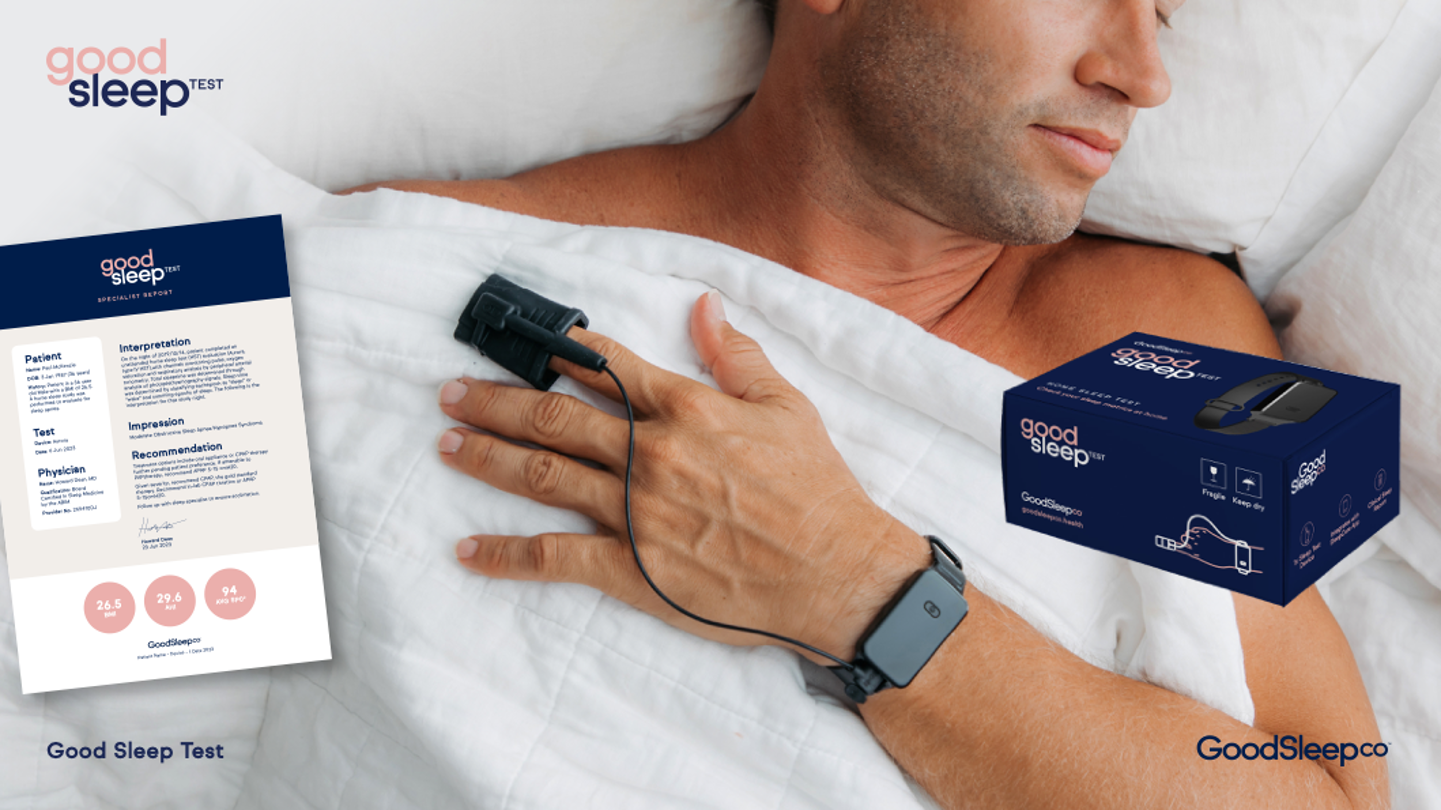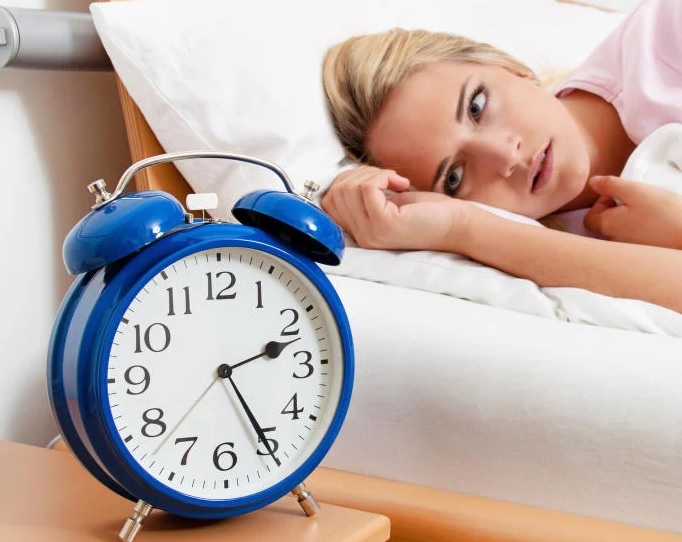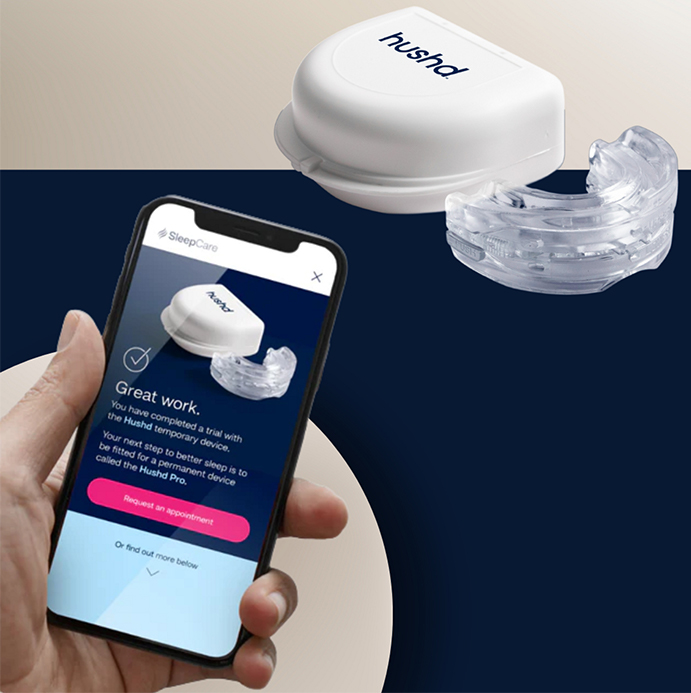
Understanding Home Sleep Tests: How They Can Help You Sleep Better
Getting a good night’s sleep is essential for overall health and well-being, but many people struggle with sleep disorders like sleep apnea, insomnia, or restless leg syndrome. If you’ve ever wondered if there’s a way to get tested for sleep-related conditions without visiting a sleep clinic, the answer is yes—Home Sleep Tests (HSTs) have emerged as a convenient, accessible way to diagnose certain sleep disorders from the comfort of your own home.
In this blog, we’ll explore what a Home Sleep Test is, how it works, and how it can help you improve your sleep and overall health.
What is a Home Sleep Test (HST)?
A Home Sleep Test is a portable diagnostic tool used to assess sleep disorders, primarily Obstructive Sleep Apnea (OSA). It involves a set of monitoring devices that you wear while you sleep, usually over the course of one or two nights. The test records several physiological indicators related to your sleep, such as breathing patterns, heart rate, oxygen levels, and movement.
Unlike the traditional polysomnography done in a sleep clinic, which is more extensive and involves sensors attached to multiple parts of your body, an HST is simpler and more streamlined. You use the device at home, making it more convenient and less intimidating than undergoing an overnight stay in a sleep lab.
How Does a Home Sleep Test Work?
During a Home Sleep Test, a series of sensors are placed on your body to monitor your sleep data. These sensors are typically easy to use and attach, and they collect key data such as:
- Breathing Patterns: A sensor placed near your nose or mouth monitors the flow of air, identifying any interruptions in your breathing, such as pauses or shallow breaths that may signal sleep apnea.
- Oxygen Levels (Pulse Oximetry): A small sensor placed on your finger or earlobe measures the oxygen saturation in your blood. A drop in oxygen levels during sleep can be an indicator of sleep apnea.
- Heart Rate: The test tracks your heart rate throughout the night to look for abnormal patterns associated with sleep disorders.
- Movement: Sensors placed around your chest or abdomen track your body movements, helping identify any periods of restlessness, snoring, or sleep disruption.
These data points are then transmitted to a healthcare professional, who will analyze the results and provide a diagnosis.
Types of Home Sleep Tests
There are a few types of home sleep tests, each offering varying levels of detail and diagnostic capability. The most common types include:
- Type 2 Home Sleep Test: This is the most comprehensive home sleep test, involving sensors for breathing, heart rate, oxygen levels, and sometimes even brain waves. It’s typically recommended for diagnosing sleep apnea and is useful for people who have more complex sleep disorders or need detailed information.
- Type 3 Home Sleep Test: This test is a bit more simplified and generally measures breathing patterns, oxygen levels, and heart rate. It’s commonly used for diagnosing obstructive sleep apnea and is suitable for individuals with moderate symptoms.
- Type 4 Home Sleep Test: The least comprehensive, this test generally only measures basic indicators like oxygen levels and heart rate. It’s used when sleep apnea is suspected but the symptoms are not severe.
How Can a Home Sleep Test Help You?
Home Sleep Tests are an excellent option for diagnosing sleep disorders, and they offer several benefits:
- Convenience and Comfort
Perhaps one of the most significant advantages of a Home Sleep Test is the ability to conduct the test in the comfort of your own home. You don’t need to travel to a sleep clinic, and you can sleep in your own bed with your own sleep environment. This can lead to more natural sleep patterns and provide a more accurate picture of how you sleep in your everyday environment.
How it helps:
- No need to sleep in an unfamiliar setting or be hooked up to multiple wires, which may impact the quality of your sleep.
- Convenient for people who don’t have time to spend a night at a sleep clinic or are anxious about the process.
- Privacy and Less Stigma
For some, the thought of spending a night in a sleep lab can be uncomfortable. Home Sleep Tests allow you to undergo the test privately without feeling embarrassed or self-conscious. It’s also a more discreet option, allowing you to avoid the stigma that sometimes comes with seeking help for sleep disorders.
How it helps:
- Provides a more private, less intimidating way to diagnose sleep disorders.
- Allows individuals who may feel uncomfortable in a sleep clinic to still get the help they need.
- Cost-Effective
Home Sleep Tests are generally more affordable than full sleep studies in a clinic, which can be prohibitively expensive. If you have insurance, it may cover part of the cost, but even without insurance, the price is typically much lower for a Home Sleep Test than for a clinic-based evaluation.
How it helps:
- More affordable and accessible, especially for individuals without insurance or those with a high deductible.
- Faster Diagnosis
The process for scheduling and conducting a Home Sleep Test is often faster than scheduling an overnight sleep study in a clinic. In many cases, you can get your test results within a week or so, speeding up the diagnosis and treatment process.
How it helps:
- Results are often quicker, allowing for faster identification of sleep issues and faster initiation of treatment.
- Effective for Diagnosing Obstructive Sleep Apnea (OSA)
Home Sleep Tests are especially useful for diagnosing Obstructive Sleep Apnea (OSA), the most common sleep disorder. OSA occurs when the airway is partially or completely blocked during sleep, leading to pauses in breathing and drops in oxygen levels. These pauses often result in poor-quality sleep, daytime fatigue, and other health problems like heart disease or high blood pressure.
How it helps:
- Accurate in diagnosing sleep apnea and its severity, which can then lead to targeted treatment, such as CPAP therapy, lifestyle changes, or oral appliances.
- Can identify other underlying issues, such as low oxygen levels or abnormal heart rhythms, that may require attention.
- Identifies Other Sleep Disorders
While Home Sleep Tests are primarily used to diagnose sleep apnea, they can also help identify other sleep disturbances like periodic limb movement disorder (PLMD) or restless leg syndrome (RLS). If the test reveals abnormal movement patterns or other signs of sleep disruption, it can help guide further testing and treatment.
How it helps:
- Provides insight into other potential sleep disorders, leading to better-targeted treatments.
- Gives a clearer picture of your overall sleep health.
Is a Home Sleep Test Right for You?
Home Sleep Tests are an excellent option for people who have symptoms of sleep apnea or other sleep disturbances, but they aren’t suitable for everyone. If you have severe symptoms, such as excessive daytime sleepiness, high blood pressure, or other health conditions, a more comprehensive sleep study in a clinic may be necessary. Additionally, if your doctor suspects a complex sleep disorder, they may recommend a full polysomnography test instead.
It’s important to talk to your healthcare provider to determine if a Home Sleep Test is appropriate for you. They can assess your symptoms, provide a diagnosis, and recommend the most suitable testing method based on your needs.
Conclusion: Take the First Step Toward Better Sleep
If you’re struggling with sleep issues like snoring, daytime fatigue, or restless nights, a Home Sleep Test can be an excellent first step in understanding your sleep health. With its convenience, comfort, and affordability, it’s a great way to start your journey toward a better night’s sleep.
A good night’s sleep is vital for your physical and mental well-being, and by diagnosing and treating any underlying sleep disorders early, you can improve your health, mood, and quality of life. So, if you think you might have a sleep disorder, don’t wait—consider exploring a Home Sleep Test today!



